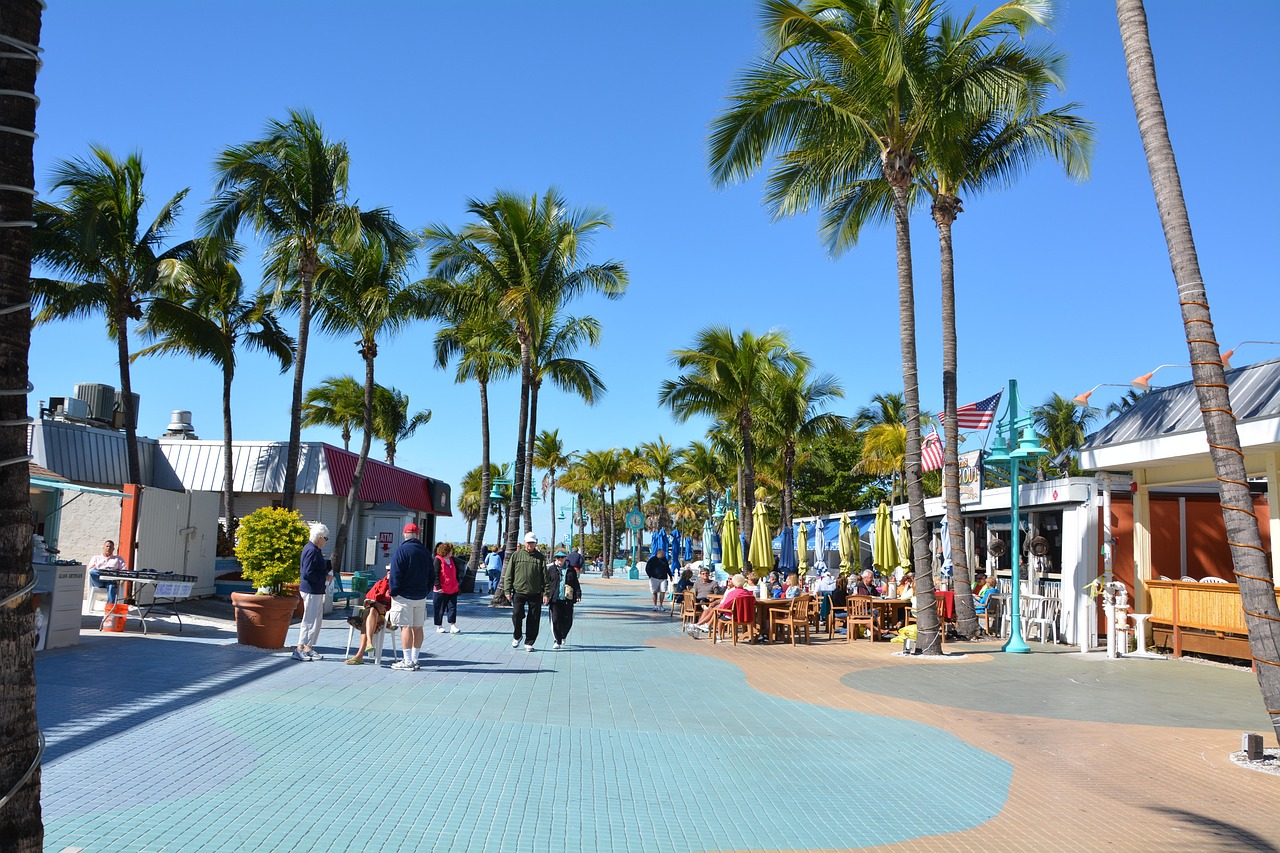Florida, known for its sunny beaches and vibrant attractions, has welcomed an unprecedented influx of tourists from Canada this year, leading to both excitement and concern among local residents and businesses.
According to recent statistics from the Florida Department of Tourism, the number of Canadian visitors to the Sunshine State has skyrocketed, surpassing previous records and prompting discussions on the impact of this surge. With approximately 3 million Canadians flocking to Florida in 2023, local tourism officials are praising the economic boost that this influx brings.
Hotels, restaurants, and entertainment venues have reported booming business, with many establishments running at full capacity. "We've seen a significant increase in bookings, especially in popular destinations like Orlando and Miami," said Maria Gonzalez, spokesperson for the Florida Tourism Board. "Canadian tourists contribute greatly to our economy, and we are thrilled to have them here enjoying our beautiful state.
" However, not everyone is celebrating the surge. Some local residents express concerns about overcrowding and the strain on infrastructure.
Popular tourist spots have faced long lines and congested streets, leading to frustrations among both tourists and locals. "It's great that we're attracting so many visitors, but sometimes it feels like our favorite places are being overrun," noted Sarah Jenkins, a long-time resident of Key West.
"I just hope we can find a balance." Environmental advocates are also raising alarms about the potential impact on Florida's delicate ecosystems.
Increased foot traffic in natural areas, such as the Everglades and state parks, could threaten wildlife and habitats.
"We need to prioritize sustainable tourism and ensure that our natural resources remain protected for future generations," emphasized David Thompson, an environmental activist.
In response to the growing concerns, state officials are exploring strategies to manage tourist traffic more effectively. Measures may include promoting lesser-known attractions, enhancing public transportation options, and implementing visitor caps in particularly vulnerable areas. .".


